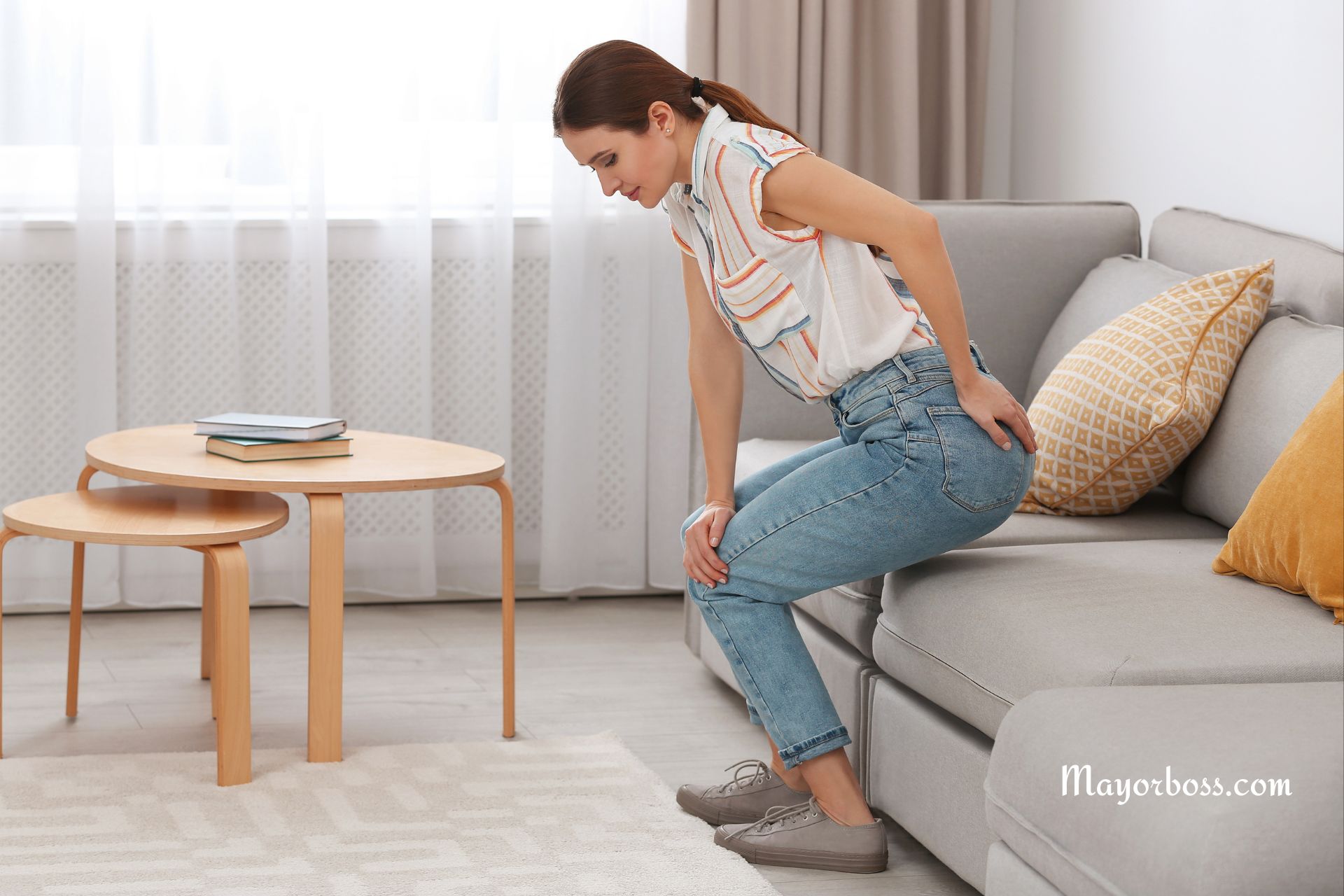What Happens to Your Body When You Consistently Hold in Poop?
Have you ever found yourself in a situation where you needed to postpone a bathroom break? While it’s sometimes necessary, consistently holding in poop can lead to several health issues. In this article, we see what happens to your body when you make a habit of suppressing the natural urge to defecate.

The Immediate Effects of Holding in Poop
Initially, when you decide to hold in your stool, your body’s natural response is to accommodate this decision:
- Increased colon activity: Your colon continues to absorb water from the stool, making it harder and more difficult to pass.
- Rectal discomfort: You may start feeling uncomfortable or even experience pain in the rectal area.
Long-Term Health Implications of Holding in Poop
If you regularly avoid going to the bathroom when the need arises, the consequences can be more serious:
- Hard stools: Over time, stools become harder and more difficult to pass, leading to constipation.
- Straining during bowel movements: This can lead to painful conditions like hemorrhoids or anal fissures.
- Altered bowel habits: Your body might start signaling the need to defecate less frequently, disrupting your regular bowel movements.
- Potential for bowel incontinence: In extreme cases, consistently holding in stool can weaken the rectal muscles, potentially leading to incontinence.
- Increased risk of diverticulosis: Chronic constipation can contribute to the formation of small pouches (diverticula) in the colon wall.
- Potential for fecal impaction: This is a severe form of constipation where dry, hard stools accumulate in the rectum and cannot be passed.
- Stress and anxiety: Regularly suppressing the urge to defecate can create a cycle of stress and anxiety about bowel movements.
- Rectal Prolapse: In severe cases, chronic straining can cause part of the intestinal lining or rectum to protrude from the anus (rectal prolapse), requiring medical treatment.
- Increased Toxin Load: The bowel is a major route for the elimination of waste and toxins from the body. Prolonged retention of feces can lead to an increased toxin load in the body.
Preventive Measures
To avoid these issues, you can take simple steps to maintain healthy bowel habits:
- Listen to your body: Don’t ignore the urge to go.
- Maintain a fiber-rich diet: This can help keep stools soft and regular.
- Stay hydrated: Drinking plenty of fluids supports good digestion.
- Regular exercise: Physical activity helps stimulate bowel movements.
Frequently Asked Questions
Is it ever safe to hold in poop?
Occasionally, holding in your stool is generally safe, but making a habit of it can lead to issues of constipation, bloating, and abdominal pain.
Can holding in poop affect other parts of my body?
While the primary effects are on your digestive system, long-term constipation can indirectly impact your overall health, including mental well-being.
What should I do if I’m frequently constipated?
If you’re often constipated, it’s important to consult a healthcare provider to rule out underlying conditions and get personalized advice.
It’s important to maintain regular bowel habits and not ignore the urge to have a bowel movement. A healthy diet rich in fiber, adequate hydration, and regular physical activity can help maintain normal bowel function. If you or someone is experiencing difficulty with bowel movements or has concerns about their bowel habits, it’s advisable to consult a healthcare professional.
